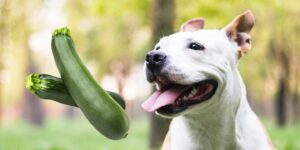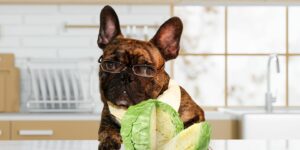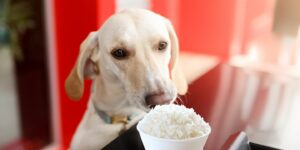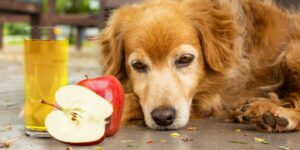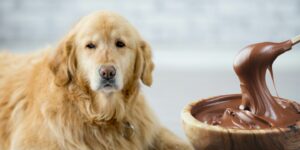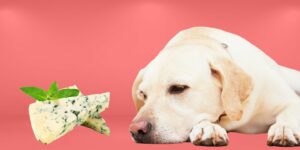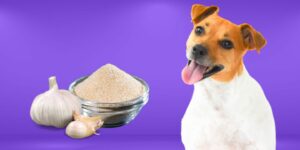The short answer is no, it is generally not recommended for dogs to drink tea. While tea itself is not toxic to dogs, it can contain ingredients that can be harmful or toxic to them. In addition, the caffeine in tea can have negative effects on a dog's health.
Reasons Why Dogs Should Not Drink Tea
There are several reasons why it is not a good idea for dogs to drink tea:
- Caffeine: Tea contains caffeine, which can be harmful to dogs in large amounts. Caffeine can cause restlessness, rapid breathing, heart palpitations, and muscle tremors in dogs. In severe cases, it can lead to more serious health issues such as high blood pressure, abnormal heart rhythms, and even death.
- Other Ingredients: Some teas, such as herbal teas, can contain ingredients that are toxic to dogs. For example, chamomile tea can contain compounds that can cause vomiting and diarrhea in dogs. Similarly, tea made from the leaves of the tea plant (Camellia sinensis) can contain small amounts of the toxic compound theophylline, which can cause tremors and seizures in dogs.
- Sweeteners: Many people like to add sweeteners to their tea, such as sugar or honey. However, these sweeteners can be harmful to dogs, especially if consumed in large quantities. For example, large amounts of sugar can cause obesity and dental problems in dogs, while honey can contain botulism spores, which can be dangerous for dogs.
Safe Alternatives for Dogs
If you want to give your dog a refreshing drink, it is best to stick to water or a commercial dog-safe electrolyte solution. These options will help keep your dog hydrated and healthy without the risk of harmful ingredients or caffeine.
Portion Size
It is important to remember that even small amounts of tea can be harmful to dogs, so it is best to keep it out of their reach altogether. If you do accidentally give your dog some tea, it is important to monitor them closely and contact your veterinarian if you notice any unusual symptoms. The portion size of tea that a dog can safely consume will depend on their size, age, and overall health, so it is best to avoid giving them any at all.
Signs Your Dog May Have Consumed Tea
If your dog has accidentally consumed tea, it is crucial to be aware of the symptoms that might indicate a problem. These symptoms can include:
Mild Symptoms
- Restlessness
- Hyperactivity
- Vomiting
- Diarrhea
Severe Symptoms
- Rapid breathing
- Heart palpitations
- Tremors
- Seizures
- Collapse
What to Do If Your Dog Drinks Tea
If you suspect that your dog has consumed tea, it is important to take action immediately. Follow these steps:
- Assess the situation: Determine how much tea your dog has consumed and note any symptoms they may be experiencing.
- Call your veterinarian: Contact your veterinarian or an emergency veterinary clinic to discuss the situation and receive guidance on the next steps.
- Monitor your dog closely: Keep an eye on your dog for any changes in their condition or the development of new symptoms.
- Follow your veterinarian's advice: Depending on the severity of the situation, your veterinarian may recommend bringing your dog in for an examination, inducing vomiting, or administering activated charcoal to help absorb toxins.
Preventing Tea Consumption in Dogs
To ensure your dog's safety, it is important to prevent them from accessing tea in the first place. To do this, consider the following tips:
- Keep tea and teabags out of reach: Store tea and teabags in a high, closed cabinet or pantry, away from where your dog can access them.
- Be cautious with tea spills: If you spill tea, clean it up promptly to prevent your dog from licking it off the floor or surfaces.
- Educate others: Inform family members, friends, and pet sitters about the dangers of tea for dogs to ensure that they do not accidentally give your dog tea.
Conclusion
While tea can be a soothing and enjoyable beverage for humans, it is not safe for dogs to consume. To protect your dog's health, it is best to keep tea out of their reach and provide them with water or dog-safe electrolyte solutions instead. If your dog does accidentally consume tea, be sure to monitor them for symptoms and contact your veterinarian for advice.



